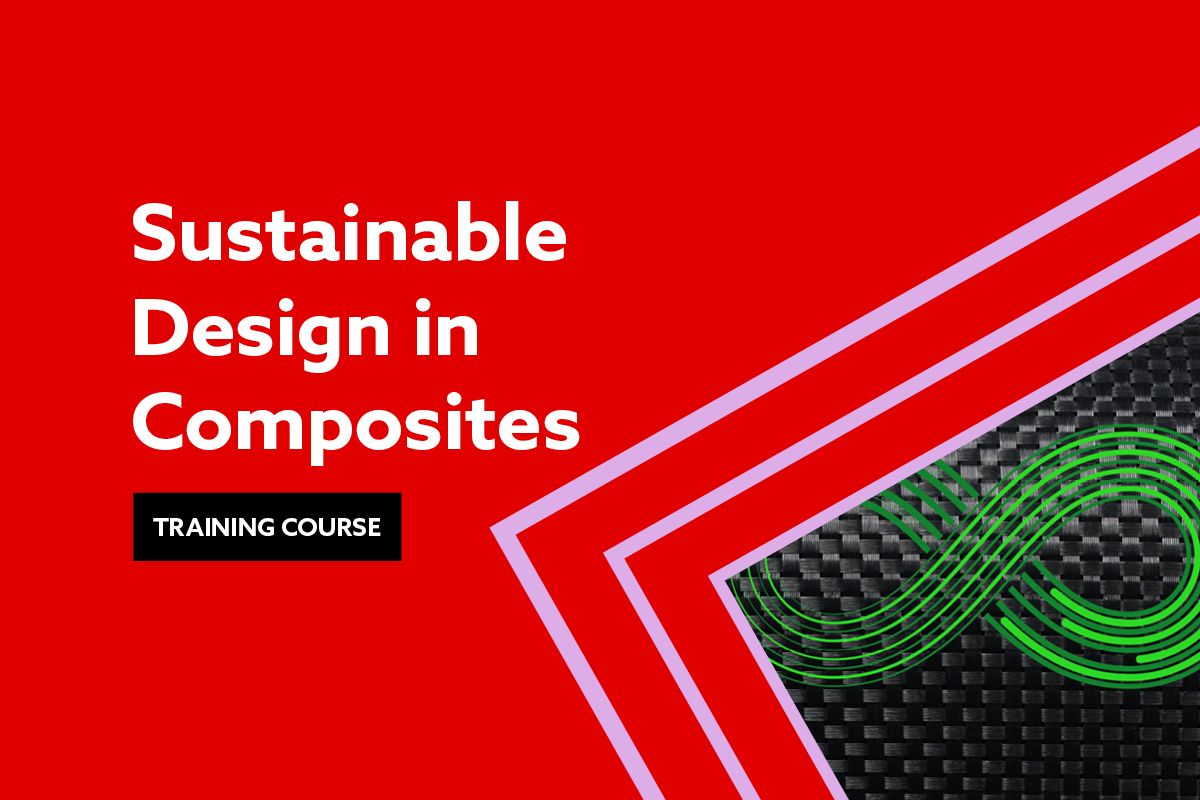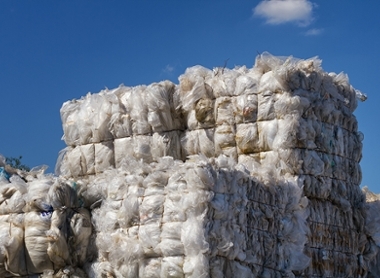Life Cycle Assessment
One-day course providing an insight into the principles of Life Cycle Assessment and how to interpret a report
One-day course introducing the main principles for designing sustainably with composites
Book before 30 September to receive a 10% early bird discount on course fees.
This is in addition to the 20% discount for IOM3 members.
We are delighted to be running a one-day course on sustainable design in composites, in partnership with Stella Job, from Grazebrook Innovation and in collaboration with Composites UK.
Fibre-reinforced composites are critical to our ability to meet net zero targets, but still predominantly use energy-intensive, fossil fuel based materials. It is said that 80% of the environmental impact of a product is determined at the design stage. Much of that impact is in materials selection and processing. Generic methodologies for considering sustainability at an early stage in the product life cycle have been developed, and are beginning to be adapted and adopted into real engineering scenarios.
This course will introduce the main principles for designing for sustainability and circularity. It will look at methodologies for introducing those principles into design, including bio-based and recycled content, with interactive workshops. Some computational tools for sustainable design will be introduced. The final session will focus on increasing understanding of composite end-of-life processes and social impacts.
The course will be delivered over 4 sessions:
The introductory session will discuss what is meant by “sustainability” and how it is interpreted in different contexts. A brief overview of climate change will be given, why it matters and how it relates to materials and manufacturing. Delegates will be given an understanding of circular economy principles, how they are incorporated in design and the product lifecycle. An overview of life cycle assessment will be presented.
An understanding of bio-based materials will be provided, both natural fibres and polymers and resins with bio-content. The differences in assessing the impact of bio-based materials will be discussed, with particular reference to the composites context and comments on the principles of green chemistry. Options for incorporating bio-based and recycled content into products will be presented, including commercially available intermediate materials and in-house recycling. Delegates will be invited to consider the potential for integrating bio/recycled content in their products and the challenges to be overcome.
Session 3: Design for sustainability – putting principles into practice
A design for sustainability (D4S) assessment methodology will be described, with some examples of diverse ways in which designs have been changed to make products more sustainable and related impact factors. Delegates will then be offered some product examples to choose from and work in small groups to identify and prioritise ways in which the design could be made more sustainable. The small groups will feed back to the rest.
Using images, video and some physical items, several end-of-life and recycling processes will be described, to establish the importance of a designer knowing what might happen to materials and products at end-of-life (e.g. wind turbine blades, cars, aircraft) and the processes available for recycling the composite elements. The effect of economic factors, business models and regulation will be included, with comments on emerging methodologies for social impact assessment. The course will end with a discussion about how delegates can influence the macro-factors to enable more sustainable product development.
This course is relevant to anyone with an interest in sustainability in the context of composites
* This rate is available to Student & Apprentice, and Associate (AIMMM) member grades.
Course fees are subject to VAT at 20% where applicable. This includes lunch, refreshements and learning materials.

IOM3, 297 Euston Road, London
9:30am to 4:30pm on 13 November 2024

One-day course providing an insight into the principles of Life Cycle Assessment and how to interpret a report

One-day course introducing the main principles for designing for sustainability and circularity

Exploring the context, principles, influences & considerations of designing, specifying & selecting more circular packaging

Consultant & Owner, Grazebrook Innovation
Stella is an advanced materials and sustainability specialist with an engineering background. She is passionate about supporting people to design and innovate with a sustainability mindset, which she does through her consultancy business, Grazebrook Innovation. Stella was Sustainability Specialist on the ATI FlyZero project about hydrogen-powered aviation and previously led sustainability activity and supply chain engagement at Composites UK and worked in composites and smart materials at the Knowledge Transfer Network.